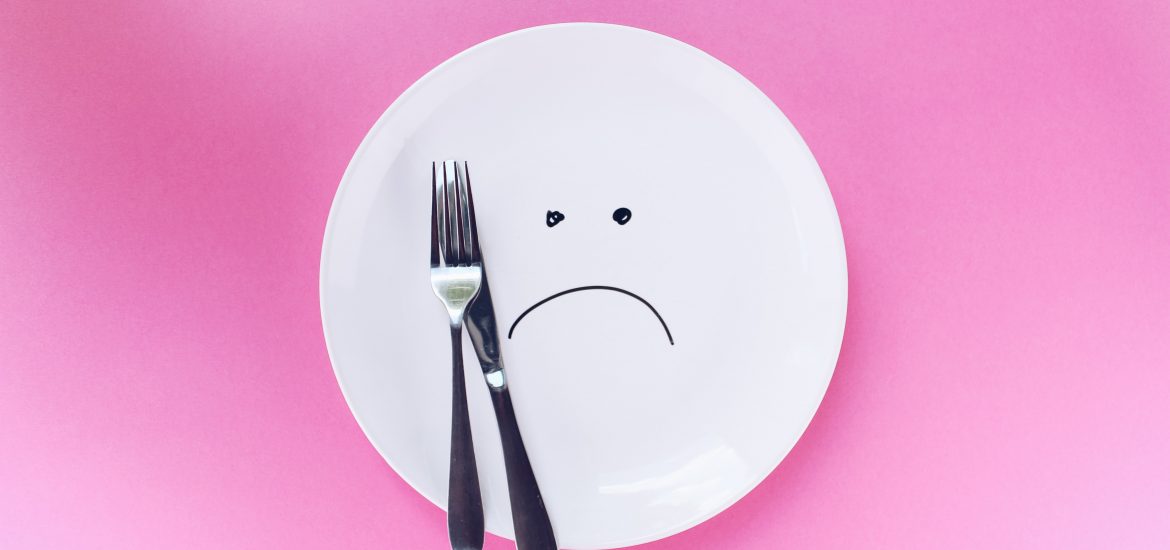Don’t tell the DMV, but I lied on my driver’s license. No, I didn’t lie about my birthday to get into bars, and no, that’s really how you spell my name. This is a big secret, so you have to promise that this will stay between you and me… I’m not 135 pounds. I’m closer to 140—on a good day.
I know, it’s ridiculous. No one looks at the weight on your license, so why lie? But when the time came to fill out the form, I couldn’t help myself. I want to be 135 pounds. Skinny, pretty girls never weigh more than that. Again, I know it’s silly. But I don’t think I’m alone in this.
According to Dr. Heather Gallivan, about 70 percent of healthy women wish they were thinner, and 50 percent of Americans, men included, want to lose weight. Adults aren’t the only ones who struggle with body acceptance. Gallivan says that around 30 percent of 9- to 11-year-olds are “actively dieting.”
While these statistics are shocking, we shouldn’t be too surprised. Exposure to social media, advertisements, and pop culture in general attacks us from all angles. Registered dietician Deirdre Smith says these social pressures cause men and women to pursue a thinner body.
“There are so many images that are played throughout our life,” says Smith. “Being thin is tied into being successful. Being thin is tied into worthiness. And we tend to idolize that.”
But this isn’t always possible. According to Smith, the set point theory states that our bodies want to stay within a certain weight range that is unique and healthy to us. Only extreme dieting and exercise can manipulate our natural weight, and it’s usually only temporary.
“There is like a genetic blueprint for our body. Our weight is almost, in a sense, like our hair and eye color is predetermined,” says Smith. “Like 70% of our weight is genetically determined. Sometimes we’re fighting against our own genetics.”
So, if you can’t make permanent changes to your weight, what can you do? You can shave a few pounds off of your weight on your driver’s license and tell yourself you’ll be that weight someday so it’s not really a lie or you can choose to not break the law and just try to accept yourself. Kate Cunningham, a college sophomore, did the latter. She describes her relationship with her body as “neutral.”
“I think viewing your body as something neutral has a lot more power than the word itself lets on. You don’t feel negative towards it, but you also don’t feel overwhelmingly positive towards it,” says Cunningham. “I do love my body. I love, and am thankful, that it can do so much and I love that it often makes me feel empowered, but I am also loving not thinking at all about it because it feels like an immense relief after so many years of pouring energy, time, and valuable thoughts into something as simple as my body. There is power in not being consumed with something that will always be there and always be changing.”
By filling her Instagram feed with people and ideas she finds uplifting and encouraging and avoiding the impulse to step on a scale, Cunningham has learned how to accept her body the way it is. She says, “I weigh way more than I did years ago, but I am more confident than I ever was, so how could a number measure that?”
This story was originally intended for the Spring 2020 Hopes and Fears print issue, but due to the COVID-19 outbreak, select stories from this issue will run on our digital site instead.

